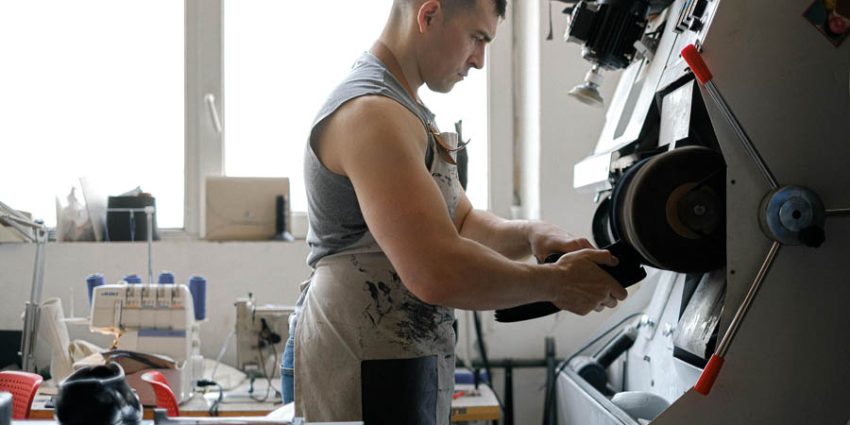Sustainability has become the heart of modern manufacturing, with businesses constantly searching for ways to minimize their environmental impact. Industrial tools, while often seen as simply a means of production, actually play a huge role in driving these efforts. By enhancing durability, reducing waste, and conserving valuable resources, the right tools help manufacturers move towards greener, more sustainable practices.
Enhanced Durability – Building Products to Last
One of the key ways industrial tools contribute to sustainability is by increasing the durability of the products being manufactured. Tools that ensure precision and consistency result in higher-quality products that last longer, reducing the need for frequent replacements. This durability means fewer raw materials are consumed over time, which is a critical aspect of sustainable manufacturing.
- Durable products reduce waste and lessen the environmental impact associated with producing replacements.
- High-quality tools lead to the creation of items that don’t need to be remade, cutting down on material consumption.
Minimizing Material Waste
Many industrial tools are designed specifically to reduce material waste during manufacturing. Whether it’s cutting, molding, or shaping materials, tools engineered for precision make the most of raw materials. By ensuring exact measurements and minimizing excess, manufacturers can make efficient use of their resources, which lowers the environmental footprint of production processes.
Reducing Carbon Footprint Through Efficiency
Efficiency is a cornerstone of sustainability, and industrial tools play a direct role in improving it. Tools that optimize processes—such as faster production times, reduced material use, and more effective waste management—help manufacturers decrease their overall carbon footprint. By adopting these tools, companies can contribute to a reduction in global greenhouse gas emissions.
- Efficient tools speed up manufacturing processes, reducing energy and time spent per unit.
- With less energy consumption and material waste, the overall environmental impact of production is drastically reduced.
Streamlining Production for Less Resource Consumption
Efficient tools streamline production processes, ensuring that resources like time, labor, and materials are used effectively. Reducing downtime, optimizing processes, and improving throughput directly translate to less resource consumption. This streamlining helps manufacturers stay competitive while also contributing to a sustainable future.
Longevity of Tools: Reducing the Need for Replacements
Sustainability is also about the longevity of the tools themselves. Industrial tools designed to last longer require fewer replacements, reducing the environmental impact of manufacturing new equipment. Well-made tools with longer life cycles also reduce the waste generated from discarding worn-out tools.
Conclusion
The role of industrial tools in sustainable manufacturing goes far beyond just improving product quality and efficiency. When these tools are designed with longevity, minimal waste, and energy efficiency in mind, they contribute to a broader movement toward sustainability. From reducing material consumption to lowering carbon footprints, industrial tools are at the forefront of the green manufacturing revolution.
Choosing the right tools isn’t just good business practice—it’s an investment in a sustainable future.

